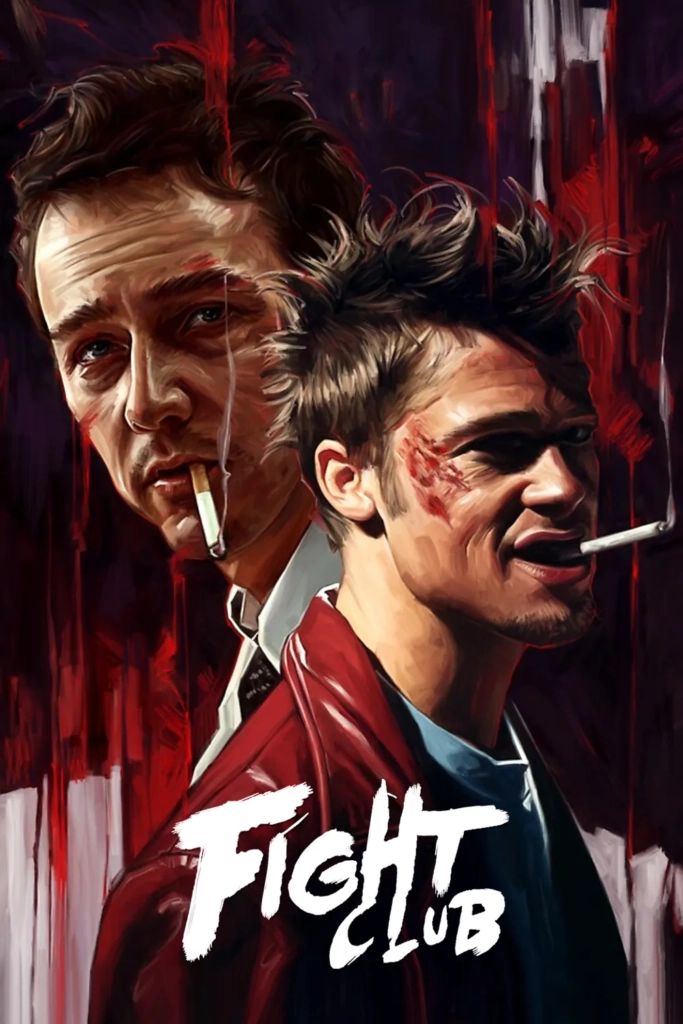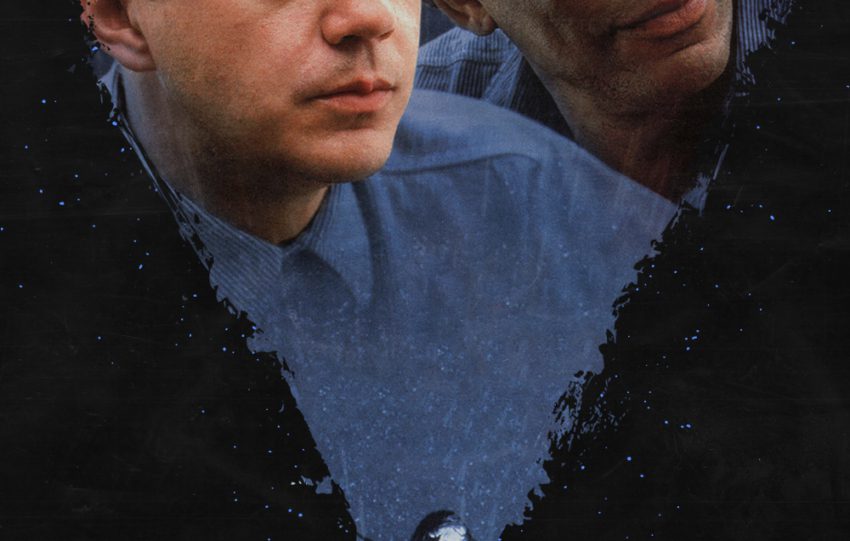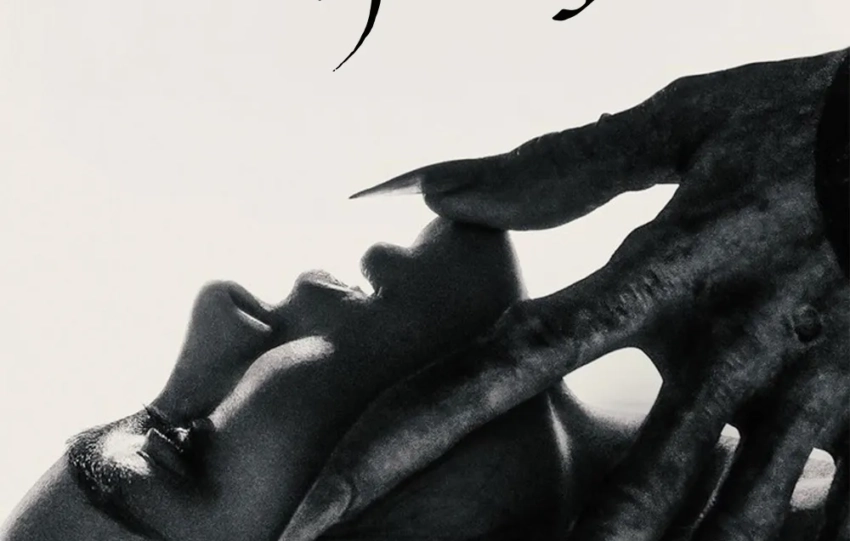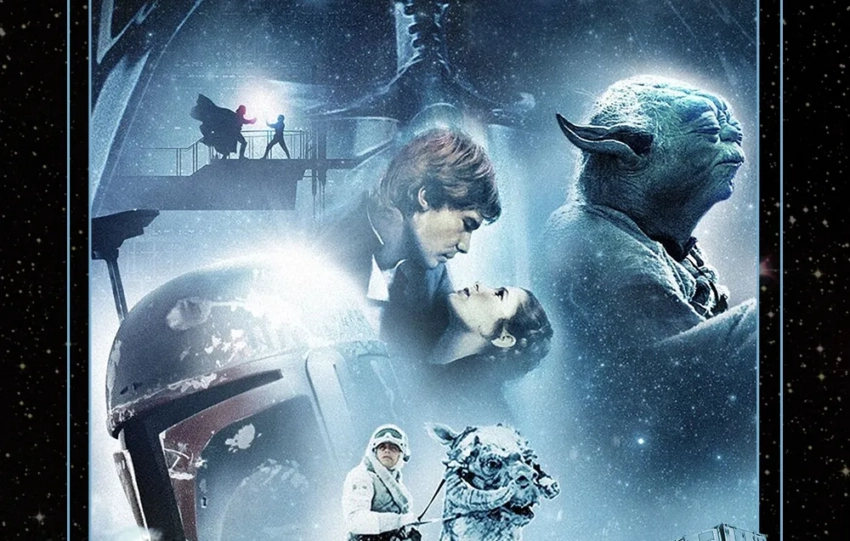
Movie Details
Fight Club (1999) Movie Synopsis
Fight Club (1999), directed by David Fincher and based on the novel by Chuck Palahniuk, is a provocative psychological thriller that examines masculinity, identity, and consumer disillusionment at the turn of the millennium. Edward Norton stars as an unnamed narrator—an insomniac trapped in a corporate job and a life devoid of purpose. His descent into existential crisis is interrupted by the arrival of the charismatic and anarchistic Tyler Durden (Brad Pitt), who introduces him to a brutal form of self-liberation: underground bare-knuckle fighting. What begins as personal catharsis soon morphs into a radical movement that spirals out of control.
Critics and audiences have praised Fight Club for its bold narrative structure, dark humor, and stylish direction. Fincher’s use of gritty visuals, layered editing, and unreliable narration challenges viewers to question reality alongside the protagonist. Helena Bonham Carter’s portrayal of Marla Singer adds emotional volatility, complicating the story’s male-centric lens with her chaotic vulnerability. The film’s third-act twist—widely regarded as one of the most shocking in modern cinema—forces a re-evaluation of the entire narrative and the duality of selfhood.
The film resonates more than ever with modern audiences due to its sharp critique of consumer culture, emotional repression, and performative masculinity. The phrase “The things you own end up owning you” has become emblematic of the film’s ethos, and Tyler Durden’s philosophy continues to fuel debates about identity, freedom, and societal conformity. Reviewers continue to revisit Fight Club for its layered storytelling, compelling performances, and enduring cultural relevance, noting how its themes have evolved in the context of modern anxieties.
Although divisive upon release, Fight Club has since gained cult status and is now regarded as one of the most influential films of the 1990s. Its narrative audacity, philosophical depth, and subversive tone have secured its place in film history. Beyond the shock value and stylized violence lies a compelling exploration of modern man’s search for meaning in a fractured world—a film that invites introspection as much as it provokes.
Fight Club Trigger Breakdown

Where To Watch





